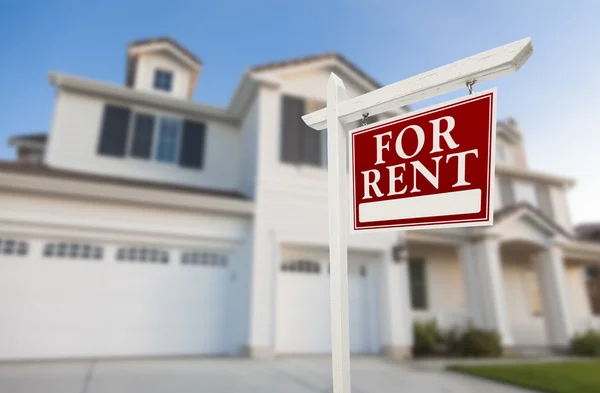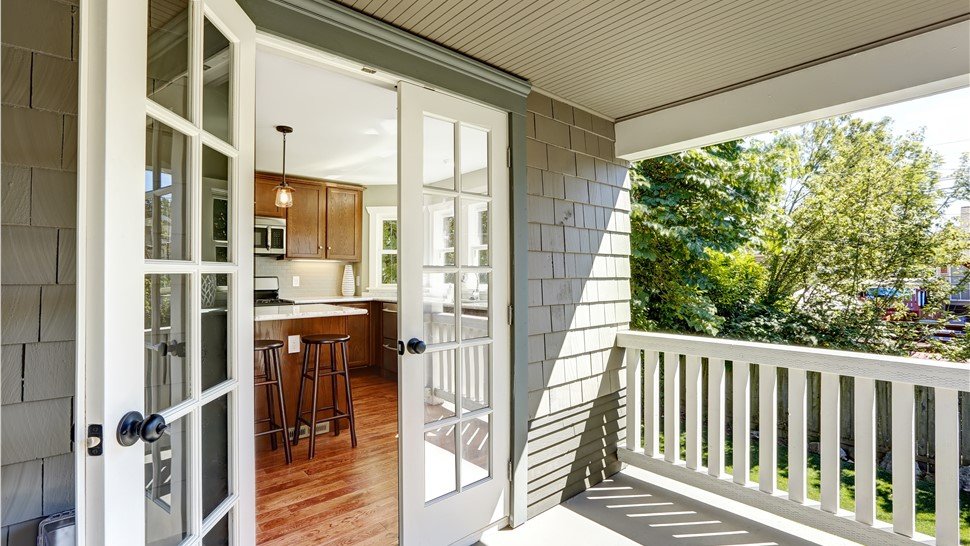
What You Should Know About Renting Out Your Home
Renting out your home can be an enticing prospect, whether it’s to generate additional income, cover mortgage costs, or utilize a property that would otherwise be vacant. However, before you list your home on the rental market, there are several crucial considerations to keep in mind. In this guide, we’ll explore what you should know about renting out your home to ensure a smooth and successful landlord experience.
1. Understand Local Regulations:*
Before you embark on the journey of renting out your home, familiarize yourself with local regulations and zoning laws governing residential rentals. Different cities and municipalities may have specific requirements regarding landlord-tenant relationships, safety standards, and licensing. Ensure that you comply with all legal obligations to avoid potential legal issues down the road.
2. Screen Your Tenants Thoroughly:*
Selecting the right tenants is one of the most critical aspects of being a successful landlord. Implement a thorough tenant screening process that includes background checks, credit checks, and rental history verification. By choosing responsible and reliable tenants, you can minimize the risk of late payments, property damage, and other potential issues.
3. Set a Competitive Rental Price:
Research the local rental market to determine a competitive and reasonable rental price for your property. Factors such as location, amenities, and the condition of your home will influence the rental value. Setting a competitive price increases the likelihood of attracting quality tenants and minimizing vacancy periods.
4. Create a Comprehensive Lease Agreement:
A well-crafted lease agreement is crucial for establishing clear expectations and protecting both parties involved. Clearly outline terms such as rent due dates, maintenance responsibilities, and any specific rules or restrictions. Consult with legal professionals or use reputable lease agreement templates to ensure your document is comprehensive and legally sound.
5. Prepare Your Property for Rent:
Before listing your home, conduct a thorough assessment and address any necessary repairs or maintenance tasks. A well-maintained property not only attracts responsible tenants but also contributes to positive landlord-tenant relationships. Consider hiring professional cleaners and ensuring all appliances and systems are in working order.
6. Understand Landlord Responsibilities:
Being a landlord comes with a set of responsibilities, including property maintenance, addressing tenant concerns promptly, and ensuring the property complies with health and safety standards. Familiarize yourself with your legal obligations and be prepared to fulfill them throughout the rental period.
7. Consider Property Management Services:
If managing a rental property seems overwhelming, consider hiring a professional property management service. Property managers can handle tasks such as tenant screening, property maintenance, and rent collection on your behalf. While there is a cost associated with this service, it can alleviate the day-to-day responsibilities of being a landlord.
8. Plan for Financial Implications:
Renting out your home has financial implications beyond collecting rent. Factor in property taxes, insurance, and ongoing maintenance costs when determining your rental income. Additionally, it’s wise to set aside funds for unforeseen expenses or periods of vacancy.
9. Communicate Effectively:
Establishing clear communication channels with your tenants is key to a successful landlord-tenant relationship. Respond promptly to inquiries, address maintenance issues in a timely manner, and ensure your tenants feel heard and valued. Good communication fosters a positive living experience for tenants and can contribute to longer and more stable lease agreements.
10. Be Prepared for the Unexpected:
No matter how well you plan, unexpected situations can arise. From sudden maintenance issues to unforeseen changes in the rental market, being a landlord requires adaptability. Stay informed, have a contingency plan, and be ready to address challenges as they arise.
Conclusion:
Renting out your home can be a rewarding venture when approached with careful consideration and preparation. Understanding local regulations, screening tenants, setting a competitive rental price, creating a comprehensive lease agreement, preparing your property, understanding landlord responsibilities, considering property management services, planning for financial implications, communicating effectively, and being prepared for the unexpected are crucial elements of a successful landlord experience.
By taking these factors into account, you can navigate the complexities of renting out your home and create a positive and profitable rental experience for both you and your tenants. Whether you’re a first-time landlord or an experienced property owner, being well-informed and proactive is the key to a successful and fulfilling rental venture.




